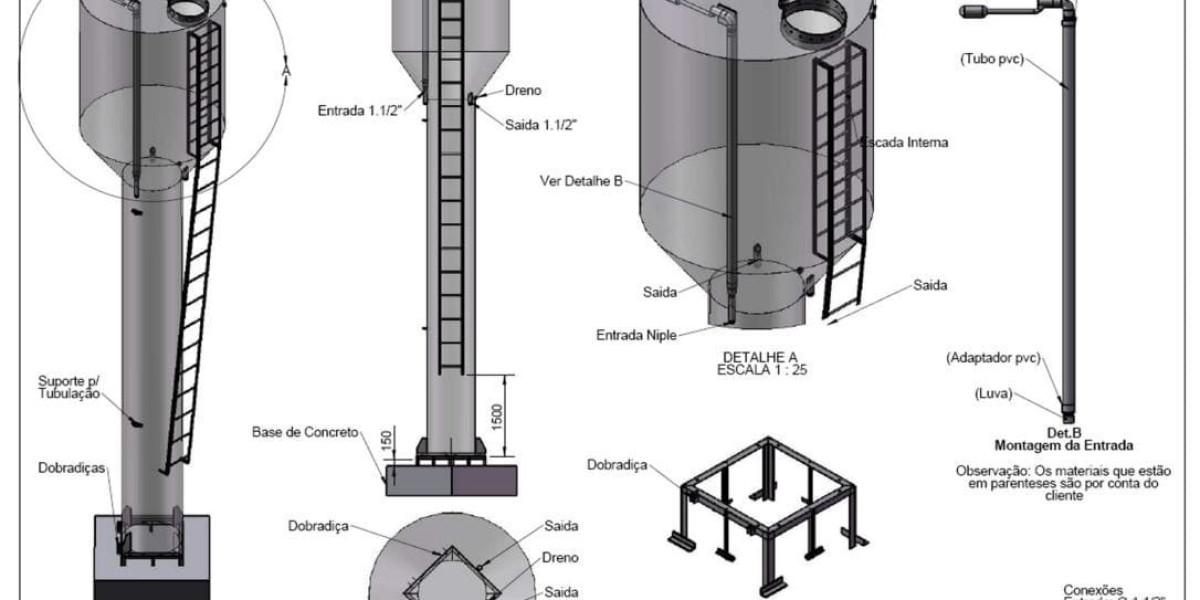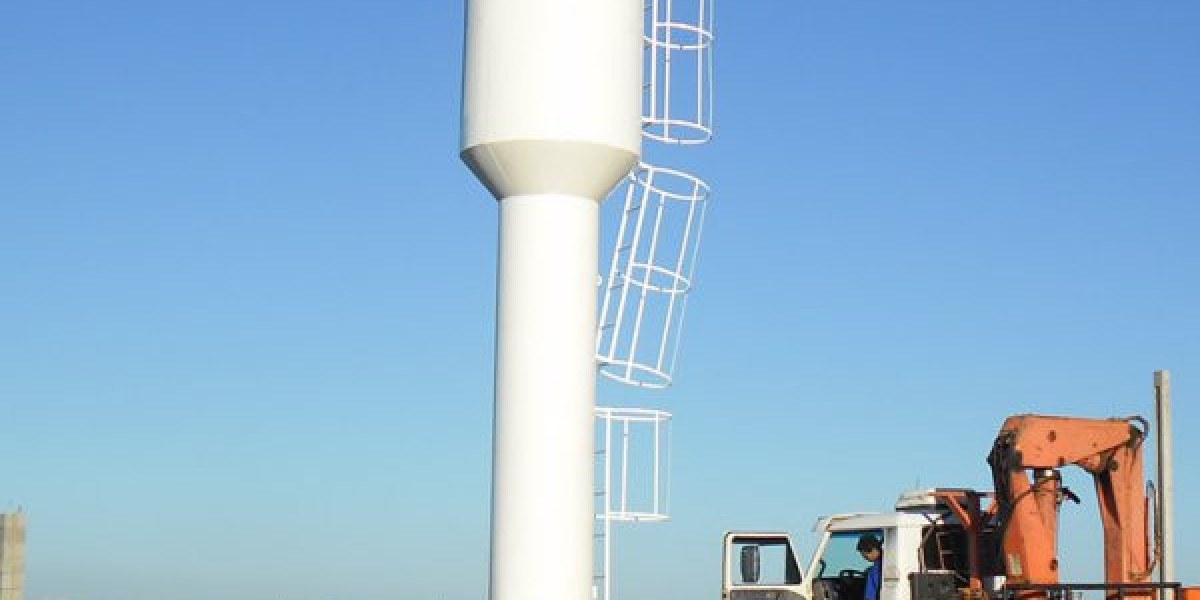 Why Landlords Need to Get a Gas Safety Certificate Near Me
Why Landlords Need to Get a Gas Safety Certificate Near MeA gas safety certificate is a form of documentation that can be issued by a certified engineer after completing an inspection of your property's gas appliances and the infrastructure. The certificate will include the name of the engineer, the address of your residence and an inventory of all the gas appliances that were evaluated by the engineer.
What is a gas safety certification?
Gas Safety Certificates are the best way to ensure that your appliances and piping are in good working order, whether you lease your home out or not. This will prevent carbon monoxide poisoning and other gas-related incidents.
To obtain a Gas Safety Certificate, you will need to contact a qualified engineer who is registered with the Gas Safe register. They will be able to examine all your appliances and provide you with a certificate that states that they are safe to use. This is an obligation for landlords who rent out their properties. It can also be beneficial for homeowners who want their home to be secure for their families.
The type of Gas Safety Certificate that you will require will depend on the property that you are inspecting. If it is a domestic property, then you'll need a Domestic Gas Safety Certificate (CP12). This certificate certifies that the gas appliances are in good operating condition and mkgassafety are safe.
If you are examining an undomestic structure, then you'll require a Commercial Gas Safety Certificate (CP13). This certification ensures that all gas installations and equipment in commercial settings, such as an office or a shop are safe and in good condition.
It is crucial to only permit Gas Safe registered engineers to perform your inspections. Anyone who is not registered could put you and your tenants at risk and they might not have the required skills and knowledge to do the job correctly.
As a landlord you must keep the records of all gas safety checks. You will also need to give this information to any new tenants who move in after completing the inspection. This will safeguard you from any potential liability should any accidents do occur.
It is a good idea, even if a Gas Safety Certificate for homeowners is not required, to have your appliances and home examined annually by an engineer. This will help make sure that your appliances are safe to use and are capable of enduring many years of wear and tear as time passes. A valid Gas Safety Certificate can also increase the likelihood of selling if you decide to sell in the future.
How do I get a gas safety certification?
Gas safety certificates are a crucial step that any landlord can take to ensure their property is safe for tenants. Landlords are legally required to have their gas appliances and infrastructure checked regularly and a certificate is issued following each inspection.
A gas safety certificate is a document that outlines the results of an inspection conducted on a property with details like the address of the property, details of the person who conducted the inspection and a complete list of the appliances tested. The document will describe any issues discovered or the work done to correct them, if applicable.
The certificate will be presented by a Gas Safe registered Engineer after the property is thoroughly inspected and passed. The certificate is valid for one year and landlords are advised to keep one when they rent out their properties. If you notice that your landlord's gas safety certificate is about expire, it's vital to contact them to arrange an inspection as quickly as possible. Failure to do so could leave the property open to a fine or even imprisonment.
You can either request your landlord to conduct a gas safety inspection or file complaints to the Health and Safety Executive. But, it's not recommended to do this unless you have other options - HSE inspectors receive a high number of complaints, and often don't have the time or resources to look into each case in isolation.
Gas safety certificates are not required for homeowners, but they should be checked annually. This will allow them to stay legally compliant and may make their home more appealing to buyers if they decide to sell it in the future. The process of obtaining an official gas safety certificate is fairly straightforward and involves scheduling a visit by an Gas Safe registered engineer to examine the property. Many engineers offer online verification, which makes the process even more streamlined and efficient. In addition, many engineers provide digital copies of gas safety certificates, accessible from any place connected to the internet.
What happens if I do not have a gas safety certification?
Many people live in properties across the UK which are powered by gas appliances. These appliances, and the pipes that connect them to your home, need to be inspected to ensure that they are safe to use. This is the responsibility of landlords as stipulated by the Gas Safety (Installation and Use) Regulations 1998.
The regulations require that all rental properties be inspected for gas safety carried out on a regular basis. It is a serious obligation, and failing perform the inspection could put tenants in danger. Landlords who fail to abide with the law could also face a number penalties.
Landlords must provide an original copy of their gas safety certificate to their tenants within 28 days following an inspection. If they fail to provide the document landlords could be fined up to PS6,000 and could face legal action by their tenants or council.
A landlord who doesn't have a valid certificate of gas safety will not be able to let their property. The current certificate must be replaced if it expires. Landlords could be convicted of a criminal offense and imprisoned for up to six months if found to be in possession of a gas safety certificate.
During a gas safety check, engineers will inspect the flue and ventilation systems of each property. They will check that all appliances are in good properly and any gas leaks must be dealt with immediately. They will also test the gas meters and ensure whether they're functioning properly. The engineer will then fill out an inventory and hand the landlord their CP12 document.
If the engineer considers an appliance to be hazardous they will state this on the CP12 form by ticking the 'Not safe to Use' box. There are three codes that show an appliance's safety level that are immediately dangerous (ID), At Risk (AR) and Not to Current Standards (NCS). If the engineer determines that one of the appliances is dangerous, he will request permission to turn off the gas. The landlord then has to arrange for repairs to be completed before a new CP12 will be issued.
How much does a gas safety certificate cost?
A gas safety certification is an an essential part of the landlord's responsibilities and can help tenants avoid potentially dangerous carbon monoxide poisoning. However many landlords are confused about the amount that an inspection costs and what factors affect the cost.
There is no one-size-fits-all answer to this question because the cost of gas safety certificates is contingent on a number of different factors that include the engineer's experience and experience and the size of the property and the extent to which additional work is required. Some companies offer a service contract that includes an annual gas safety inspection year and boiler servicing. This is a more affordable option than paying for these services separately.
A CP12 gas safety certificate will typically cost between PS60 and P120 for properties that have a single gas hob, gas fireplace and a boiler. The cost will rise for homes with more than two gas appliances since the engineer will need to examine each one in greater in depth. The location of the property could also have an impact on the cost as well, with London prices being more expensive than other parts of the UK.
Landlords must be aware that their insurance may be invalidated if they have a valid certificate of gas safety is not in place. It is essential that landlords search around to find a registered Gas Safe engineer who can issue a CP12 Gas Safety Certificate at a reasonable cost.
In addition to ensuring the gas appliances and boiler are safe and safe, a CP12 gas safety certificate could be a chance for landlords to identify any problems before they become major issues. This can save them money in the future and prevent carbon monoxide poisoning.
Although it may appear to be an unnecessary expense an gas safety certificate is definitely something that landlords must consider purchasing. Not only will it help to keep tenants safe but it could also be a vital aspect of securing future sales since prospective buyers will likely ask for the current Gas Safe record before completing an acquisition.








